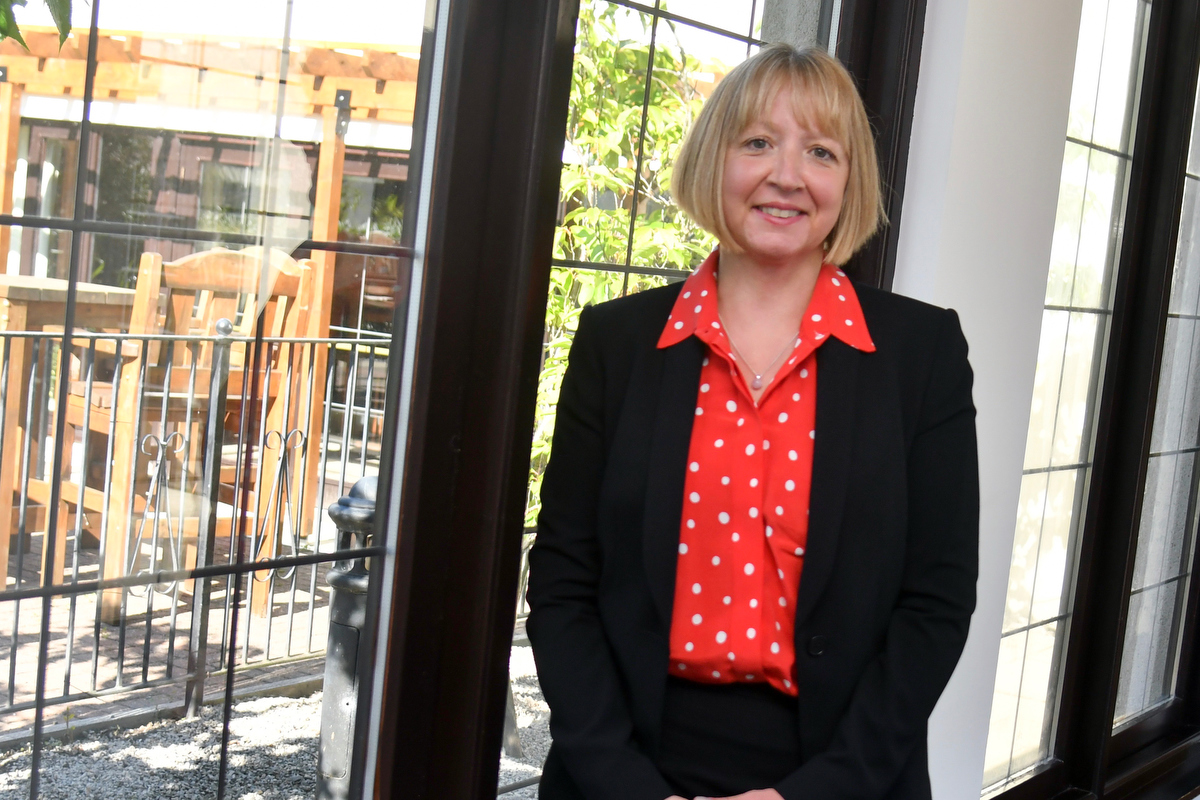
As startups begin to scale, one of the first cracks often appears in how progress is defined.
Stand-ups fill with updates, dashboards overflow with data, and everyone looks busy, yet growth slows.
The problem?
Activity and productivity are not the same thing.
In many early-stage companies, productivity still means output: tickets closed, features shipped, bugs fixed.
But that mindset quickly becomes a trap. It rewards motion rather than momentum.
To grow sustainably, founders need to help their teams shift focus, moving from doing more to achieving more.
1. Redefine success: measure impact, not movement
Output measures effort. Outcomes measure impact.
A developer can push hundreds of commits, but if those changes do not improve the product or customer experience, the business has not truly moved forward.
Successful teams think in terms of value creation: what changed for the user, the business, or the bottom line.
That might mean:
Shorter onboarding times
Fewer customer complaints
Higher feature adoption
Improved conversion or retention
Founders who embed this mindset into their culture help teams focus on what matters most: results that compound, not tasks that accumulate.
2. Avoid vanity metrics
When dashboards become the scoreboard, direction is easily lost.
Code velocity, sprint burndowns, and ticket counts can be useful signals, but they do not always show real progress.
These are vanity metrics: comforting, but misleading.
A team that ships fast yet keeps repairing what is broken is not progressing; it is treading water.
A simple rule of thumb:
“If the metric does not change user behaviour or business performance, it is not a success metric.”
3. Reward outcomes, not activity
Many startups celebrate the wrong wins: new features launched or deadlines met, when the real victory is solving a user problem.
Teams thrive when recognition is tied to impact, not output. That means:
Highlighting customer results rather than delivery speed
Sharing usage and adoption data in demos
Linking reviews to learning and improvement rather than completion
The more conversations revolve around effect, the less time teams spend chasing effort.
4. Make progress visible without the noise
Visibility should tell a story, not add unnecessary administration.
Instead of lengthy progress reports, high-performing teams use short value demos that show what has been finished and why it matters.
Each demo should answer three questions:
What problem did we solve?
What did we learn?
What is next?
When progress is framed this way, founders see outcomes clearly and teams feel connected to purpose, not process.
5. Lead with curiosity, not checklists
Founders do not need to know the code to lead effectively.
They just need to ask better questions:
What changed for the user?
How do we know it worked?
What will we improve next time?
These questions turn delivery reviews into learning loops.
They shift teams from output-based reporting to outcome-driven reflection, building stronger habits faster than any dashboard can.
6. Build safety around honest reflection
Measuring outcomes can be uncomfortable. It highlights missed opportunities and work that did not land as expected.
That is why founders must create psychological safety around the process.
When teams know they can share results without fear, they become more open, data-driven, and creative.
Transparency builds trust, and trust drives better decisions.
7. Why this shift matters now
With AI, automation, and remote work reshaping how teams operate, it is easier than ever to look productive.
But genuine progress depends on alignment, not activity.
Founders who focus on outcomes build teams that stay agile and resilient, even as tools and markets evolve.
They create organisations where momentum is sustainable, not frantic.
Redefine what “productive” really means
Startups do not fail because teams stop working hard.
They fail because teams lose sight of why they are working hard.
When founders lead the shift from output to outcomes, three things happen:
Teams focus on user value, not vanity.
Delivery becomes more predictable and meaningful.
Progress compounds naturally, without burnout.
Productivity is not about volume. It is about value.
That is what separates fast-growing teams from fast-burning ones.
At Novidian, we help founders bring structure and clarity to how their teams deliver, connecting technology decisions with measurable outcomes.
Through flexible Fractional CTO support or our CTO in Your Pocket platform, we help early-stage companies turn effort into impact and motion into momentum.
👉 No full-time CTO? No problem, see how we can help here









